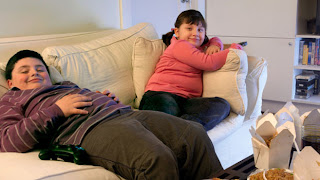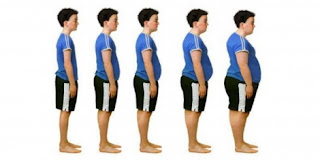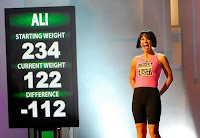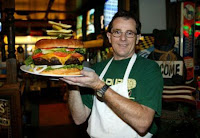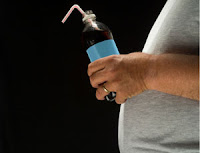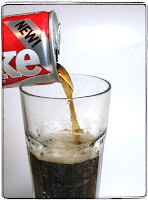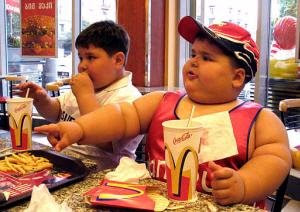Pregnant and looking to keep in shape? Then walk yer dogs, ladies. Yes, Fifi and Fido can keep you moving enough to get in your daily fitness requirements. So says a recent study out of the UK that found that pregnant women that owned dogs were 50% more likely to get the recommended 30 minutes of exercise a day by going for brisk walks.
Researchers at the University of Liverpool looked at over 11,000 pregnant women, and suggested that dog walking may be an important factor in controlling obesity and improving the health of pregnant women overall. While they found no major differences between pet owners and non-pet owners with regard to pregnancy weight, they did note that dog-walkers get more exercise overall. And that’s because weight loss or weight maintenance is much more than just a consequence of brisk walking–healthy diet also a major factor.
Adult dog owners have been found to have higher activity levels in general in both the U.S. and Australia, but this is the first time the benefits have been shown in pregnant women. “By not managing their weight and exercise, pregnant women risk unnecessary weight gain, as well as a difficult labor or weight problems for the child in later life,” said researcher Dr. Carri Westgarth.
Many women have difficulty losing their pregnancy weight; in fact, I’m sure more than a few can attest to having never regained their pre-pregnancy weight and shape. I believe the secret is in what’s done during pregnancy, as well as shortly after giving birth. The more women move while pregnant, the easier it will be to continue after the baby is born.
I also strongly recommend yoga for mamas to be, as I am certain that it helps with labor. Working on your flexibility, endurance and pain tolerance with a regular prenatal yoga practice will get you prepared for the big show. Throw in some regular pregnancy massage and you’ll be prepped like a champ. Low on the dough? Look for a local massage therapy school–they always need models, and what better than a pregnant mama needing kneading.
So if you are pregnant and you own a pooch–don’t relegate all the dog-walking to dad. Take the beast out for at least one brisk walk a day to get in your cardio workout. Throw in a little yoga, and a body rub from time to time, and you’ll be ready for the ring on fight-night. Have fun.




